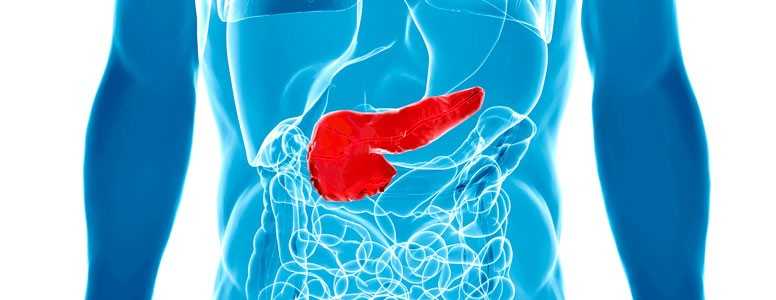People with type 2 diabetes staying in hospital had improved blood sugar levels following treatment with an artificial pancreas, a study finds.
Forty adults were hooked up to the closed-loop insulin delivery system as part of a three-day study looking into its efficacy as a treatment for people with type 2 diabetes.
An artificial pancreas monitors blood sugar levels and adjusts insulin delivery accordingly, eliminating the need for regular blood glucose tests and manual insulin injections.
All the participants were taking insulin before the study, which was conducted at Cambridge’s Addenbrooke’s Hospital. Half were treated with an artificial pancreas and the others continued with their standard injections.
The participants achieved optimal blood sugar levels 60 per cent of the time compared to those on conventional injections, who only managed to be within the desired target range 38 per cent of the time. There were no incidences in either group of severe hypoglycemia or diabetic ketoacidosis (DKA).
The research was carried out by the University of Cambridge Metabolic Research Laboratories and published in The Lancet Diabetes and Endocrinology.
Dr Roman Hovorka, lead researcher, said the artificial pancreas allowed for “more responsive insulin delivery and the expectatio, so far supported by clinical studies, is that health outcomes can be improved.”
He said: “We presently use the closed loop system in people with type 2 diabetes staying in hospital. Glucose control in hospital is often suboptimal and our aim is to improve it while people with type 2 diabetes are staying in hospital for various reasons such as treating diabetes complications.”
Dr Hovorka said the challenge for people with type 2 diabetes wanting the closed-loop system was “demonstrating cost effectiveness through larger clinical trials”.
He also said the development of commercial systems specifically for people with type 2 diabetes was needed.
What's new on the forum? ⭐️
Get our free newsletters
Stay up to date with the latest news, research and breakthroughs.




